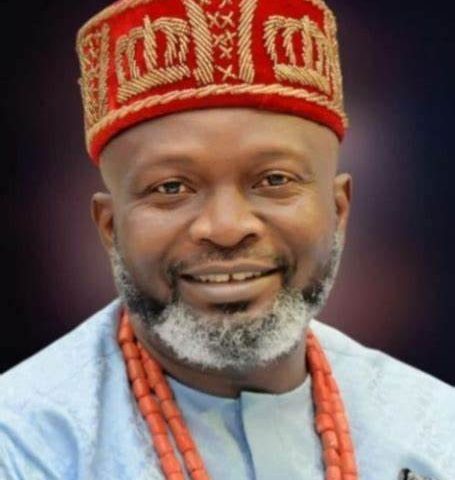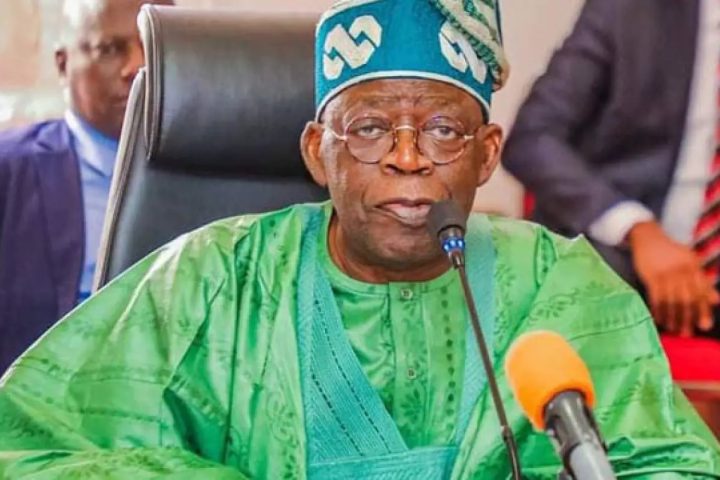Amid technological revolution in communication with its disruptive tendencies, the line between professional journalism practice and social media is gradually thinning out. This is as social media platforms continue to transform the way news is disseminated and consumed, offering both opportunities and challenges for professional journalists.
Looking at the challenges, a communication scholar and media professional, Dr Marcel Mbamalu, conducted an independent survey on X (formerly Twitter) using his verified account @marcelmbamalu, and the result reveals many users believe that social media has positive impact on professional journalism.
Join our WhatsApp ChannelThe survey, monitored by Prime Business Africa, in which over 2,000 users participated, shows that 70 per cent believe social media has positive impact on professional journalism, while only 12 per cent see it as having negative impact. 14 per cent remain neutral and 4 per cent say they are not sure.
Since the evolution of social media, there have been series of debates among both communication scholars and practitioners on how it contributes to journalism. Those who make a case for the positive impact submit that social media platforms reach a vast audience and elicit instant feedback; enable real-time reporting and breaking news; facilitate research and source identification; and allow for diverse perspectives and voices. These are core features of social media that enhance mass communication in the digital era.
However, others who point to the negative impact say social media often prioritises sensationalism over fact-based reporting; can lead to spread of misinformation and disinformation; creates pressure for clickbait headlines and rapid posting; blurs the lines between opinion and a fact.
READ ALSO: Social Media Safety: Meta Introduces Strict Rules For Messaging Teens On Instagram, Facebook
By prioritising sensationalism over fact-based reporting, it means that social media platforms often favour contents that generate strong emotions like shock, outrage, or excitement, over accurate and informative ones. Such leads to creating inflated narratives and clickbait headlines; focus on controversial photos and videos; preference for speed above accuracy when reporting breaking news (in what experts describe as sacrificing accuracy on the altar of speed); a preference for commentary and opinion over fact-based reporting; promotion of highly engaging content frequently without regard to veracity of the story.
Given the positive impacts of social media, professional journalists must navigate the odds to maintain the integrity and standards of their craft in the digital age.
For News, X Users Prefer Articles, Not Videos, Infographics Or Podcasts – Survey
Another survey conducted by Dr Mbamalu on X to ascertain users’ favourite medium for consuming news reveals that users prefer reading news articles to watching videos, listening to podcasts, or viewing infographics.

The survey result shows that 59 per cent of the audience prefer reading news articles, while 24 per cent like videos. 10 per cent prefer infographics while 7 per cent listen to podcasts.
The audience’s favourite medium for news consumption today varies, depending on the demographic. Some of the most popular mediums include online news websites, social media platforms, and television news channels. With the rise of digital technology, many people now prefer to consume news through websites, apps, and social media for its convenience and accessibility.
In digital media platforms, the audience, as indicated in Dr Mbamalu’s survey, prefer consuming news articles to others.
While reading culture seems to be waning in this digital era, most people still prefer to read news articles to watching videos, listen to podcasts or view infographics.
Communication experts aver that each medium has its unique features that make news presentation appealing to the audience depending on their needs. Some may be as a result of convenience, saving cost of data (as streaming videos on social sites costs more), need for details (as articles apparently provide more details of every story than news videos, podcasts and infographics that may be short).
Victor Ezeja is a passionate journalist with seven years of experience writing on economy, politics and energy. He holds a Master's degree in Mass Communication.



















Follow Us